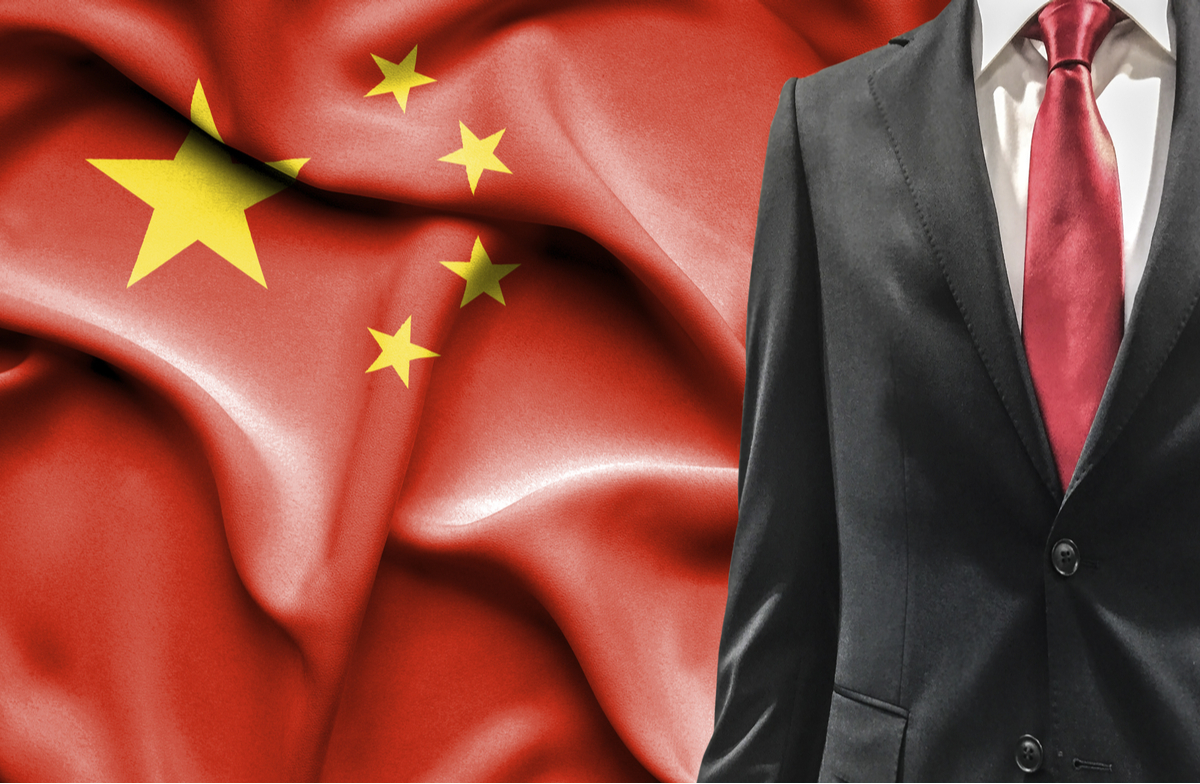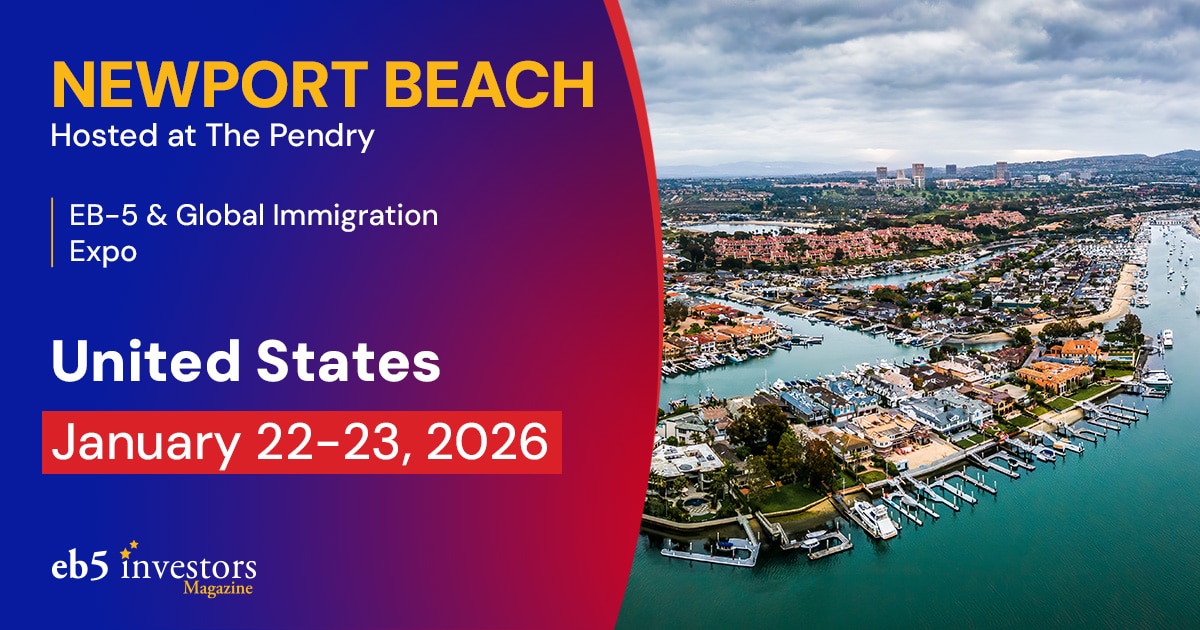 Recent controversy in China has slowed EB-5 investment as Mainland residents seek alternatives to a popular program administered by the Bank of China and China CITIC Bank that enabled the conversion of large amounts of renminbi in spite of applicable restrictive monetary policy.
Recent controversy in China has slowed EB-5 investment as Mainland residents seek alternatives to a popular program administered by the Bank of China and China CITIC Bank that enabled the conversion of large amounts of renminbi in spite of applicable restrictive monetary policy.
In July, the state-owned broadcaster China Central Television (“CCTV”) filed a report accusing Bank of China of improprieties through its popular program, known as “You Hui Tong.” Chinese currency regulations generally restrict residents’ exchanges of RMB into USD to only $50,000 per person per year. This severe limitation makes it extraordinarily difficult for prospective Chinese investors to legally transfer sufficient EB-5 qualifying funds on their own, given the minimum $500,000 or $1,000,000 investment thresholds. As a pilot program institutionalized less than two years ago, You Hui Tong enabled investors to convert much larger amounts – oftentimes in 3.5 million renminbi transactions (approximately $570,000) – into American dollars. Conversions frequently flowed through foreign branches of the institutions, including the Bank of China’s London Branch.
In response to CCTV, Bank of China officials have denounced the report, describing it as “contain[ing] discrepancies with and [a] misunderstanding of the facts.” According to the American Immigration Lawyers Association (AILA) [subscription required], domestic and overseas media are speculating that “the CCTV report was purely politically motivated and more concerned with embarrassing government officials than with changing any bank policies.” AILA indicated that the CCTV report has been withdrawn following publication.
Nonetheless, the You Hui Tong program has been indefinitely suspended. In light of the $50,000 per year maximum on currency exchange, investors are now searching for other ways to transfer capital in order to meet the EB-5 minimum investment levels.
Many investors and their agents will thus return to the common “friends and family” approach to making an EB-5 investment. Through this method, an investor can transfer the RMB equivalent of $50,000 to ten or more friends who convert the funds to U.S. Dollars., thereby enabling conversions within the annual limits. The intermediaries collectively transfer $500,000 to an investor’s offshore account (such as one based in Hong Kong), enabling a direct transfer from the investor to the new commercial enterprise. Although this method increases the documentary burden of proving the lawful source of EB-5 funds because the investment must be traced through each intermediary, USCIS has generally not questioned the practice.
Other investors will opt to use a third party possessing international accounts. Through this method, an investor can make an RMB equivalent payment into the intermediary’s mainland China account and the third party transfers his/her foreign-based USD funds to the investor’s account abroad. Those electing to take this route are required to provide evidence of each deposit and transfer, as well as an affidavit from the third party to fill in the resulting gap in the trace of funds. As a matter of practice, this route can prove to be more difficult than the “friends and family” approach, given that it requires finding an individual possessing a sufficiently large amount of dollars in an offshore account.
The ongoing dispute between two of China’s state-owned institutions has slowed the transfer of funds to regional centers significantly in the past few weeks. Both of these alternatives to You Hui Tong tend to be more time-consuming, and require the trust and documentation of others’ biographic and financial records in order to effectuate currency conversion, which some investors may be weary of. Nonetheless, they remain among the few routes available for EB-5 investment for Mainland-based investors.
However, all may not be lost for those seeking to use You Hui Tong. According to AILA, unofficial reports indicate that the suspension of the program is only temporary and that You Hui Tong “is expected to be reinstated in the near future.” We will keep our readers posted as to if, and when, the program returns.
DISCLAIMER: The views expressed in this article are solely the views of the author and do not necessarily represent the views of the publisher, its employees. or its affiliates. The information found on this website is intended to be general information; it is not legal or financial advice. Specific legal or financial advice can only be given by a licensed professional with full knowledge of all the facts and circumstances of your particular situation. You should seek consultation with legal, immigration, and financial experts prior to participating in the EB-5 program Posting a question on this website does not create an attorney-client relationship. All questions you post will be available to the public; do not include confidential information in your question.








